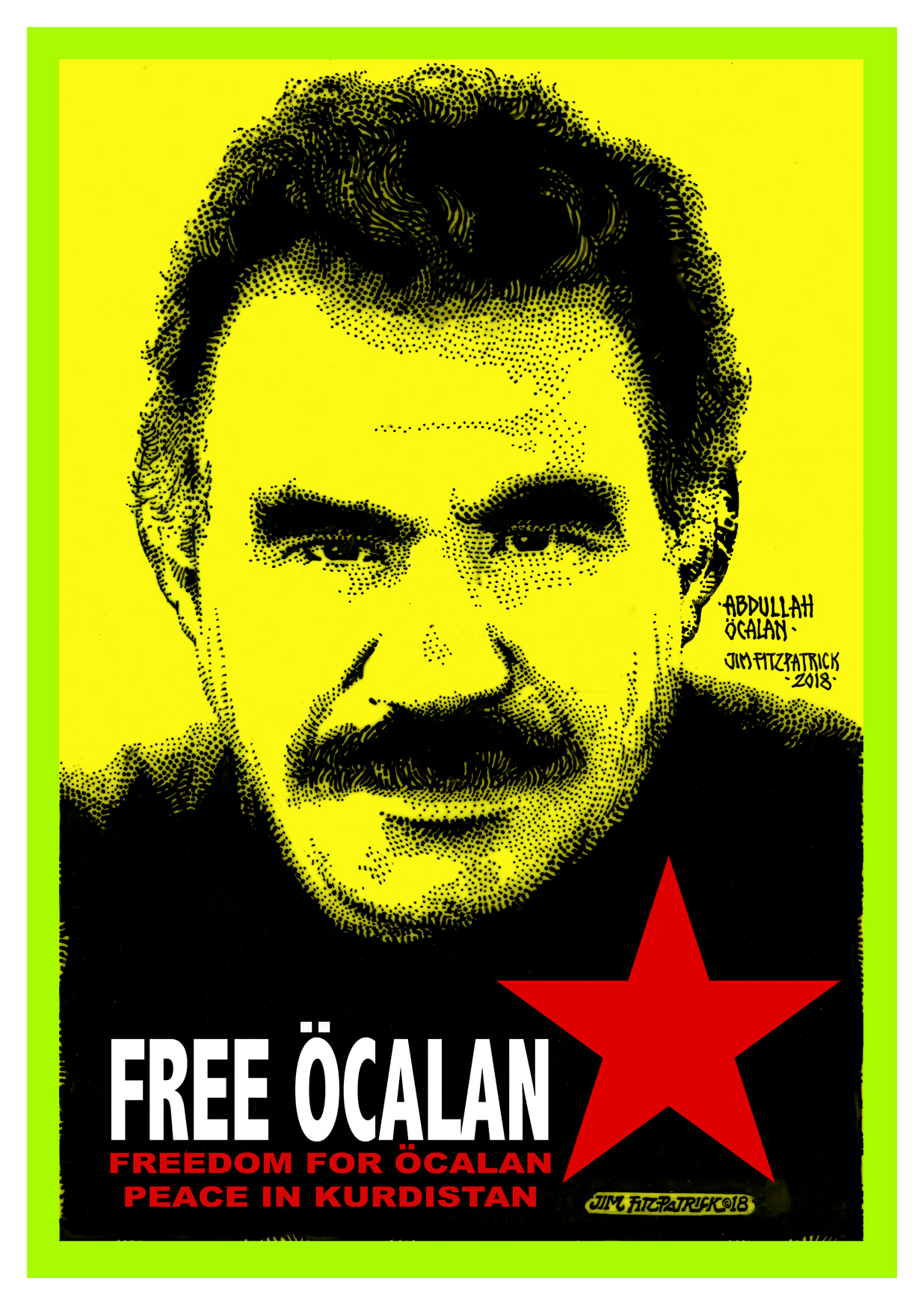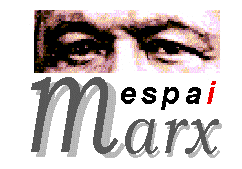«Wittgenstein»: Andy Blunden
 No theory of human action, which necessarily includes the study of language and concepts within its scope, can go past the (later) work of Ludwig Wittgenstein, a renegade from Logical Positivism, who has provided an insider’s critique of the analytical approach to language and meaning. It is not so much that Wittgenstein provides any foundation or resource for a theory of action – he doesn’t – but to be viable a theory has to withstand a Wittgensteinian criticism. The aim of this reflection is to identify the questions which Wittgenstein swept under the carpet and to see what is needed to address these questions without transgressing the limits set by Wittgenstein.
No theory of human action, which necessarily includes the study of language and concepts within its scope, can go past the (later) work of Ludwig Wittgenstein, a renegade from Logical Positivism, who has provided an insider’s critique of the analytical approach to language and meaning. It is not so much that Wittgenstein provides any foundation or resource for a theory of action – he doesn’t – but to be viable a theory has to withstand a Wittgensteinian criticism. The aim of this reflection is to identify the questions which Wittgenstein swept under the carpet and to see what is needed to address these questions without transgressing the limits set by Wittgenstein.
What motivates this reflection is the need to ground a critique of the whole spectrum of interactionist approaches to the human science. By ‘interactionist’, I mean those approaches which eschew recourse to metaphysical claims, but aim to reconstruct the phenomena of human life on the basis of analysis of person-to-person interactions, generally without the aid of any substantial psychology or theory of ‘human nature’.
I intend to ground my criticism of Wittgenstein on the presumption that it is possible to talk of ‘concepts’ and that human actions can be understood only in relation to the ‘projects’ or ‘activities’ which motivate them. It seems that this is ground which Wittgenstein shares, since he uses the word ‘concept’ freely, presumably regarding it as as meaningful as any other word, and he says that a language game must be part of ‘an activity or a form of life’. But like Wittgenstein, I will not here pursue the nature of either concepts or activities.
Rather than taking a word (or expression) as the sign for a concept, the drift of Wittgenstein’s work is that it is a mistake to take a word as a sign for anything other than itself. Word meaning is just how the word is used. In §66 of the Investigations he demonstrates that the wide variety of concepts evoked by the word ‘game’, have no attribute which is shared in common by them all. That in itself should be no surprise. One would have to be a Logical Positivist to be surprised that word meanings don’t work like Set Theory. If a word simply named an attribute or acted as a shorthand for some bundle of attributes, then the concept itself would be empty and could grant no illocutionary force. This is a criticism which Wittgenstein makes of analytical science with which we must agree.
But while a word may be a sign for a concept, it would be untenable to reciprocally define a concept as the referent of a word, which would have the effect of simply duplicating the world into signs and signifieds. A great deal of context, gesture and so on is presumed when a word functions as a sign for a concept in any locutionary act. The transformation of a world into linear sequence of entities or signs entails a considerable transformation.
Wittgenstein goes on to suggest that we don’t have and don’t need to have any kind of definition of a word, beyond clarifying how we are using the word in the given instance. Taken in conjunction with his observations about ‘family resemblance’ and the impossibility of setting boundaries, this suggests a move away from a taxonomy based on attributes, and towards a typology based on exemplars and as such has some merit. We can agree with Wittgenstein that it is untenable to privilege one proposition as the definition of the word, as if a concept could be exhausted by a single word meaning. But this falls far short to refuting the need to explain a concept by means of its connection with manifold other concepts, contextualising, concretising and qualifying the central problematic of a concept.
There is something to be said for the idea that a word gains its meaning from its use and can have no determinate meaning abstracted from the conditions of its use. But what does it mean to ‘use’ a word and what conditions of use determine meaning? Implicit in the idea of ‘using’ a word is that the word has some socially acquired ideal property or ‘affordance’, and that the person ‘using’ the word has some determinant purpose in so using it. So to claim that word meaning resides only in word-use shifts the problem of word-meaning to other ground, the ground of human purposes, but does not eliminate it. Human purposes, expressed and furthered in language use, lie outside discourse itself, and this is, I think, the implication of Wittgenstein’s critique. Discourse analysis which simply calls upon the notion of ‘use’ without exploring the extradiscursive character of that use is engaged in a dance of the seven veils.
Wittgenstein also points out that it is empty to characterise an action by setting up a normative rule and taking the action as adherence to the rule. Wittgenstein shows that all this achieves is to set up a metaphysical model which more or less imperfectly reflects what it is supposed to explain. What is fundamental is the action itself, from which norms and rules can be abstracted, rather than rules and norms being deemed to underlie the action. People can behave normatively without being able to specify the relevant norm or even being aware that such a norm exists.
Like many others, Wittgenstein freely uses the word ‘concept’ but never says what he means by it. At one point, he suggests that “a concept is … the application of a word” (PI §383), but at another that a concept is “a characteristic of human handwriting,” (PPF i) and that “Language is an instrument. Its concepts are instruments” (PI §569), implying that concepts are structures or properties of language, if not exclusively of writing. “Instruments” for what? If not just words but concepts are internal to language, for what can concepts be instruments? How do words and concepts relate to human activity? How do words relate to concepts? I must agree, however, with his observation that “Concepts lead us to make investigations. They are the expression of our interest and direct our interest” (PI §570).
Word meanings are motivated or they are not meant at all. An action, such as a meaningful word, is obedient to its motivation, the end which the action serves, which is always something other than the action itself. It is this which is of interest to us, rather than just how speakers convey and evoke their meanings by selective and artful use of words. It is the concepts which motivate word meanings, and for which words are used. Where in Wittgenstein’s writings do we learn about how concepts function in mediating interaction? Human beings and their interactions are outside discourse, and it is empty to tell us that words are used for such actions without confronting the question of just how we do things with words.
The early paragraphs of “Philosophical Investigations” are set in the context of people collaborating in constructing a building, and the interlocutors make sense of each other’s words thanks to the fact that they are engaged in the same activity. In §23 he says:
the term ‘language-game’ is meant to bring into prominence the fact that the speaking of language is part of an activity, or of a form of life (Wittgenstein 1953 §23).
And this is the point. It is these extra-discursive activities which provide the ends towards which word meanings are oriented. But a ‘form of life’ is not disclosed in an immediate relation or action; a form of life or activity is an extended aggregate of actions bound together teleologically. In terms of thinking and discourse, such extended composites of actions are concepts. The relation between discourse and activity is obscure until how words evoke concepts and how concepts relate to activities is clarified.
Concepts are located within shared activities and forms of life, not just in the immediate context of the transitory uses of words. A million disparate actions are required to build a house, but the meaning of all these actions is given in the completed house, and its derivative concepts (walls, pathways, fireplaces, etc.). Here is the real problem which Wittgenstein does not address.
Concepts are already discursively constructed prior to being evoked by any given utterance and have relative stability. But we could not suppose that an immediate environment (such as a building site) is sufficient for all the interlocutors to understand the activity they are engaged in, so that they are able to construe appropriate meanings to others’ words. That ‘context’ has to be evoked discursively. Nonetheless, everything about constructing a building: the various building elements, the skills and processes, the division of labour, plans and so on, pre-exist any given utterance or any of the actions which contribute to finally constructing a building.
Wittgenstein does not help us understand what it is in those activities and forms of life which create and maintain the concepts which allow language to be meaningful. The uttering of a word is a momentary, transient event, and it is surely only the activity and form of life of which it is a part which confers meaning on words, expressions and gestures?
I think Holzman and Newman had it right when they described “Wittgenstein’s work as therapy – for philosophers, whose obsession with philosophical problems is their pathology” (Newman & Holzman, 2006: 177).
In a similar vein, in the context of learning mathematics, Anna Sfard defines a concept as “a word together with its discursive uses” (2008: 268). When we first learn a concept, then the concept is indeed inseparable from the word by which we first learned it. But over time, the concept becomes more and more independent of the word. At the same time, one and the same concept can be evoked by different words, or even languages, differences in nuance and context notwithstanding. So I think it would a mistake to tie a concept to a word in this way. If every word marks a different concept, then we are led to the dualism of signifier and signified, even if by signified we mean “discursive uses” rather than some extradiscursive entity. Sfard is right to say that “one cannot get a sense of a person’s concept of number without considering the totality of this person’s discursive activities in which the term number may occur.” There is no one-to-one relation between word and concept. The idea of a word unifying a disparate range of meanings has merit, but in my view, this definition is still too much oriented to personal meaning, and lacks normative content.
Wittgenstein argued forcefully that word meaning cannot be rationalised as conformance to a semantic norm, since semantic norms are derivative from discursive use. But by reminding us that language-use is part of an activity, Wittgenstein pointed to the source of semantic normativity. Wittgenstein remained a sceptic on the question of concepts, content with debunking the coarse simplifications of Logical Positivism. But there is and must be a relation between any action and the activity of which it is part, just as meaningful words make sense only as part of the concepts which orient them. Actions gain their meaning by the fact that they serve some project. Words acquire meaning when uttered meaningfully in pursuit of some project and expressive of some concept.
Wittgenstein never stepped beyond the bounds of finite interactionism, merely alluding to the activity of which a language game is a part without enquiring into how the use of a word comes to be meaningful in pursuit of some project. Meaning can only be found by stepping beyond the bounds of immediate interactions and this is just where the real difficulties appear. The problem of word meaning and the uses of words, presupposes the clarification of the relation between action and activity, between word meaning and concept, and such a clarification is not achieved by mentioning activities and leaving it at that. The mention functions only to obscure the fact that it is ignored and a barren interactionism which is forever confined to the trivia of human intercourse.
March 2012
Fuente: http://home.mira.net/
Ver también: “Wittgenstein”: Derek Jarman (1993)


























